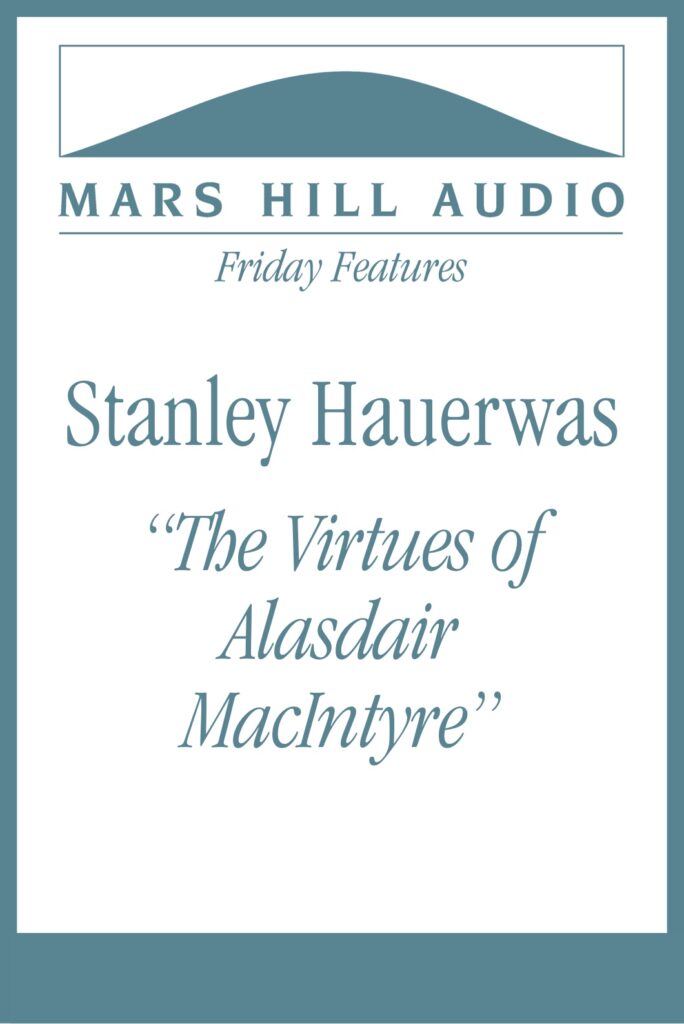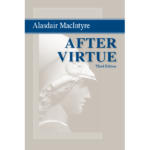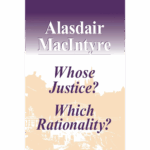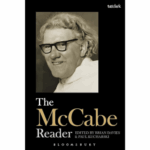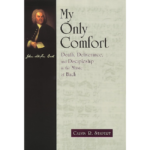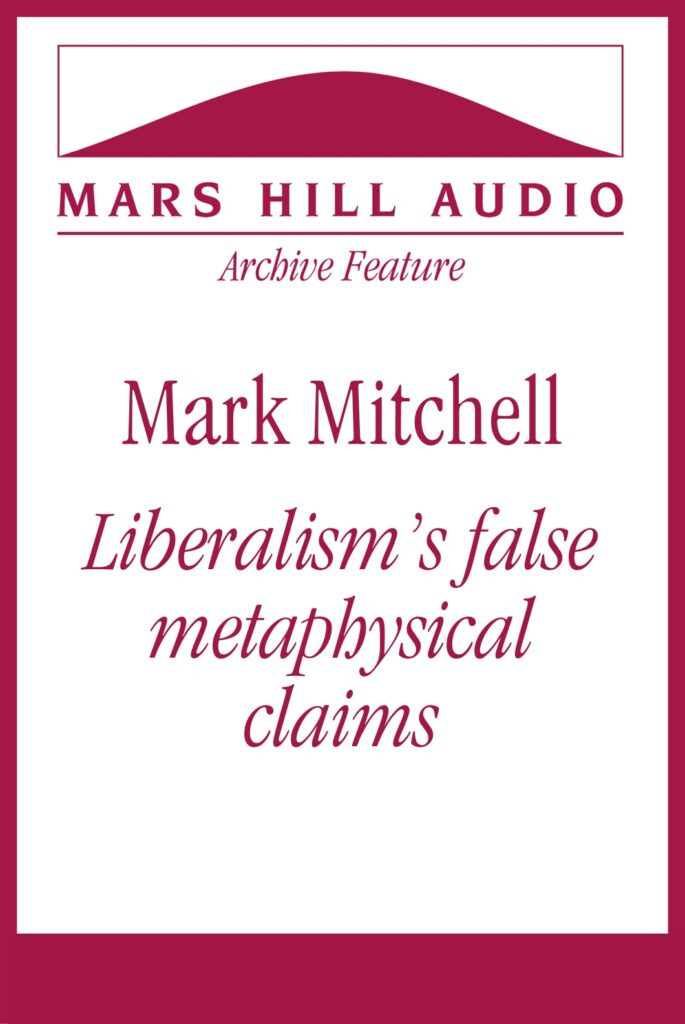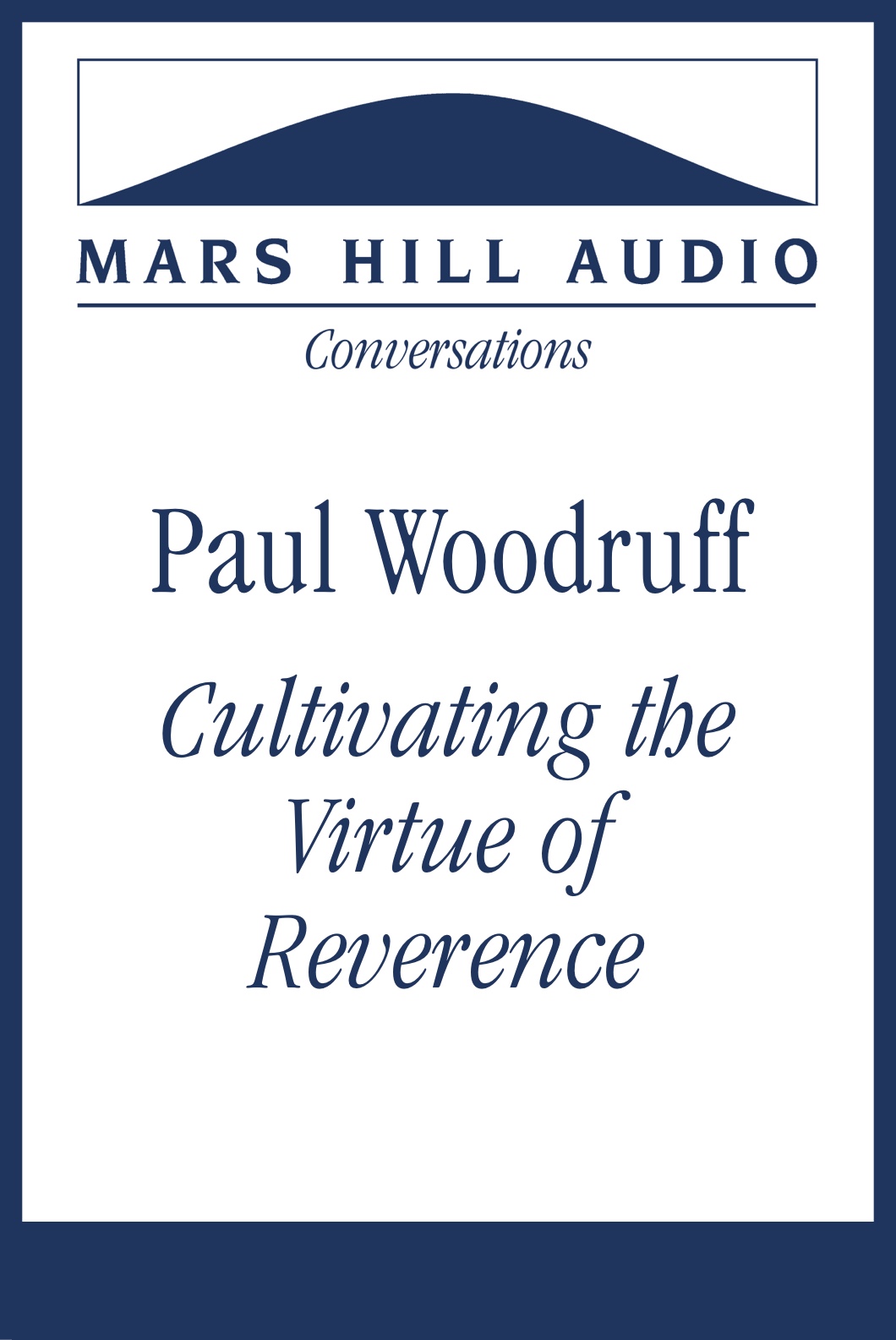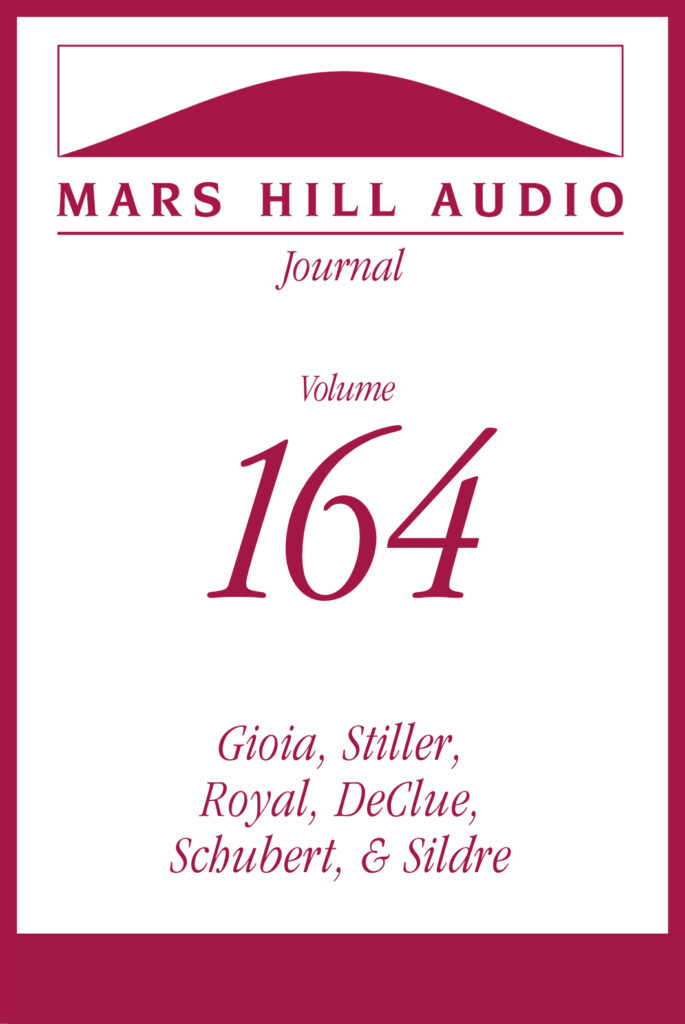The current Friday Feature
duration 40:15
If you’re a member, you can select this (or any other) Friday Feature, and download it to our app for later listening. Here’s the listing of Features.
Latest wisdom from Sound Thinking
- The roots of “the indignant self-righteousness of protest” in modern politicsAlasdair MacIntyre on why unmasking nefarious motives became “one of the most characteristically modern of activities”
- How the Enlightenment blinded usAlasdair MacIntyre on the dependence of rationality on a lived tradition
- It takes a character (and a village)Herbert McCabe, O.P. on the Aristotelian, Thomistic, and MacIntyrean account of the moral life
- Awakening before what is greatRomano Guardini on the proper posture of one in the presence of greatness
- An ancient liturgical formCalvin Stapert on the long history of recounting Christ’s sufferings musically
“I’m not a member yet. Convince me that it’s worth it.”
- AUDITION some of the features on our Listen for free page (over 15 hours of listening).
- READ our mission statement and some testimonials.
- BROWSE the various sections of our catalog to see how much you’re missing.
- SCROLL down on the Meet our Guests page to see if you recognize anyone.
- SIGN UP here.
Related Features
Meet one of our Partners

The Hedgehog Review offers critical reflections on contemporary culture: how we shape it, and how it shapes us. Published three times a year by the Institute for Advanced Studies in Culture, the journal draws on the best scholarship and thought from the humanities and social sciences to craft an interdisciplinary approach that explores and illuminates the puzzles, vexations, and dilemmas that characterize the modern predicament. In print and on its online platform, THR Web Features, The Hedgehog Review advances ideas rather than ideologies. At the same time, the journal recognizes that questions of value are inescapably present in the effort to understand our world. If the modern age is characterized by dehumanization and alienation, the best scholarship can help us identify the sources of our malaise—and possibly suggest ways to address it.
On this page, you can browse a listing of essays that The Hedgehog Review has made available as Features for Mars Hill Audio members.
A recent Conversation
Classicist and philosopher Paul Woodruff (1943–2023) discusses the importance of reverence as a virtue that enriches relationships, elevates civic life, and helps leaders to wield power wisely. Though practices and behaviors vary from culture to culture, Woodruff argues that reverence is a universal and pre-religious virtue that permeates every aspect of our lives. It begins in the home, as families engage in small “ceremonies” — traditions that communicate honor for each family member and for the family as a whole. Woodruff examines the reasons for and consequences of modernity’s value of irreverence, and he offers distinctions between reverence, faith, and justice. Finally, he explains the place and power of reverence in art, music, poetry, hospitality, and education. Woodruff is the author of Reverence: Renewing a Forgotten Virtue(Oxford University Press, 2002).
The 18 most recent Conversations and Features we’ve released are described here.
If you’re not yet a member, you can get a free Visitor’s Pass and listen to hours of free audio. Details are here.
Our most recent Journal
Guests on Volume 164
- DANA GIOIA, curator of Sentences of Seneca, on Seneca’s practical wisdom
- BRADY STILLER, author of Your Life Is a Story: G. K. Chesterton and the Paradox of Freedom, on the grand cosmic story
- ROBERT ROYAL discusses Romano Guardini’s The World and the Person and Other Writings
- RICHARD DECLUE, author of The Mind of Benedict XVI: A Theology of Communion, on the former pope’s priority on relationality
- TIFFANY SCHUBERT, author of Jane Austen’s Romantic Medievalism: Courtly Love and Happy Endings, on 18th-century cultural superiority
- JOONAS SILDRE, author of Between Two Sounds: Arvo Pärt’s Journey to His Musical Language, on illustrating Pärt’s music
